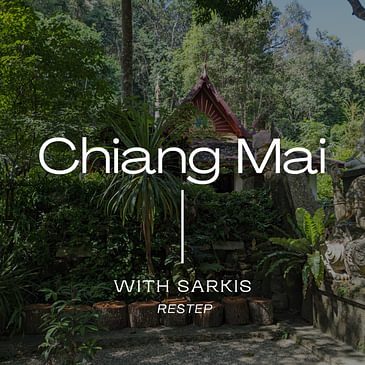Please share this episode around and get in touch with me on Twitter : @alexkovax
🗒 Brief summary
On this episode of the No-Code World radio podcast, we meet Sarkis Buniatyan, a prominent figure in the No-Code community. Sarkis discusses his background as a product designer and his love for software. He explains the potential of No-Code tools and showcases impressive projects using Webflow. He also talks about his entrepreneurial journey and his focus on revolutionizing learning with his company, Restep. He emphasized the importance of creativity and the need for quality in the No-Code space. Finally he highlights the benefits of exploring new environments, like Chiang Mai, for personal growth and creativity. The episode concludes with an invitation to subscribe and share thoughts.
📚 Resources
- Sarkis on Twitter/X : https://twitter.com/SarkisBuniatyan
- Sarkis on Webflow : https://webflow.com/@protocore
- Restep : https://www.restep.io/
- Civilization 6 : https://webflow.com/made-in-webflow/website/Civilization
📖 Chapters
0:00:00 Introduction to Season 5 and Chiang Mai Trip
0:01:06 Discovering the Power of Software
0:03:07 The Choice Between Developer and Designer
0:03:34 The Gateway into Code: Exploring the World of No-Code
0:06:09 Pushing the Limits of Webflow with Realistic PlayStation Interface
0:14:51 Changing Perception of Web Design
0:18:49 AI Startup: Creating a contextual information platform
0:20:45 Restep: Revolutionizing learning with workflow replication technology
0:24:03 Frustrations with traditional learning methods
0:26:21 The future of visual development and the no-code space
0:29:15 No-code space evolving towards visual development
0:31:50 Building your own software with customizable platforms
0:34:22 The Danger of Valuing Speed over Creativity in Web Design
0:35:44 The Impact of our Environment on Creativity
0:39:06 Chiang Mai: A Place to Bootstrap Ideas
0:40:23 A Different Episode with Limited Equipment
0:42:25 Chiang Mai: A Vibrant City with Amazing Nature and Food

